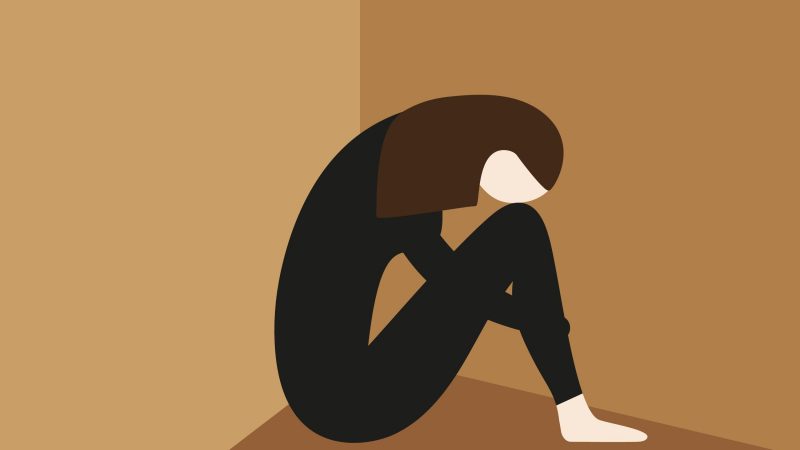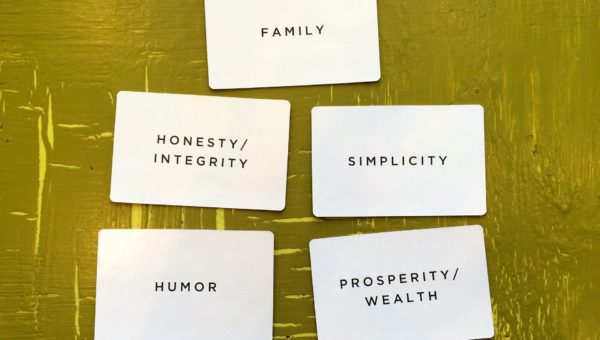“Self-pity is easily the most destructive of the non-pharmaceutical narcotics; it is addictive, gives momentary pleasure and separates the victim from reality.” -John Gardner
“Self-pity in its early stages is as snug as a feather mattress. Only when it hardens does it become uncomfortable.” ― Maya Angelou
“He did not know how long it took, but later he looked back on this time of crying in the corner of the dark cave and thought of it as when he learned the most important rule of survival, which was that feeling sorry for yourself didn’t work. It wasn’t just that it was wrong to do, or that it was considered incorrect. It was more than that–it didn’t work.” ― Gary Paulsen, Hatchet
“I don’t want it to end, and so, as every therapist knows, the ego does not want an end to its “problems” because they are part of its identity. If no one will listen to my sad story, I can tell it to myself in my head, over and over, and feel sorry for myself, and so have an identity as someone who is being treated unfairly by life or other people, fate or God. It gives definition to my self-image, makes me into someone, and that is all that matters to the ego.” ― Eckhart Tolle
As I was thinking of writing this post, I searched Google to find several quotes that highlight what I want to say on the topic of self-pity. Clinical research involving why and when people “wallow” in self-pity indicate that self-pity mostly emerges during times of stress. By making it easier for someone to detach themselves from reality, self-pity allows individuals, who see themselves as “victims” of life’s arbitrary inflexibility, to justify feelings of entitlement and resentment. When someone expresses self-pity by repeating statements like “Why do I deserve to be treated so unfairly?” or “I never catch a break. Everybody else gets breaks. Why can’t I?” – what they are actually saying is that I hate that life does not conform to my wishes. The demand for fairness is always the pretext.
Everyone at some point in their life has felt sorry for themselves. What is not acceptable is when you allow self-pity to distort your perception of reality and the ability to think rationally. When something bad happens to you, feeling sorry for yourself can temporarily soothe unpleasant raw emotions. However, letting self-pity germinate and evolve into full-blown victimhood makes it harder and harder for you to move on, take risks and grow as an independent, strong-willed and clear-eyed individual.
Self-pity is a Form of Anger
In my practice, I have found an understanding of the link between self-pity and anger to be very useful. I have witnessed that clients who often feel sorry for themselves, detailing their victim status, the hurtfulness of other people and the injustice of the world, struggle with a great deal of anger. The anger remains unconscious because they’re terrified of its intensity. Over time, once they are able to tolerate and express their anger, it can be empowering.
Self-pity, as John Gardner explained, separates the victim from reality. This means we’re unable to confront that reality and do what we can to change what we don’t like about it. In other words, as a life strategy for dealing with adversity, self-pity just doesn’t work.
Breaking Away from Self-Pity
Choices in Life are Limitless
Even in the most constrained situations, you have dozens of choices you can make that will change your predicament. Some of them may be more feasible than others but they are still choices. For example, if you find yourself blaming someone for something bad that has happened to you, the option to blame yourself does exist. Or, you have the option to not blame anybody and accept what happened as unavoidable or inevitable. You also have an option to view an unpleasant event affecting you personally as an opportunity to objectively think about what you may have done differently.
Remember; don’t let life’s difficulties make you bitter. Let them make you better.







